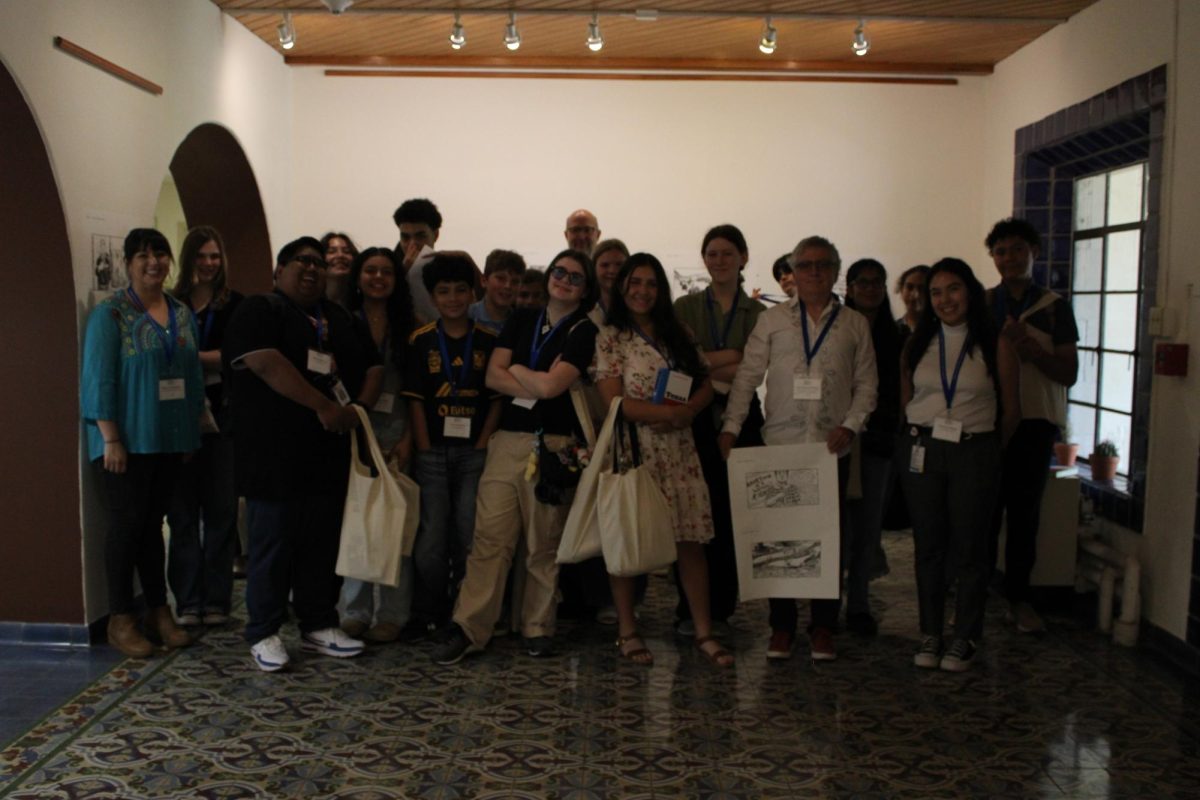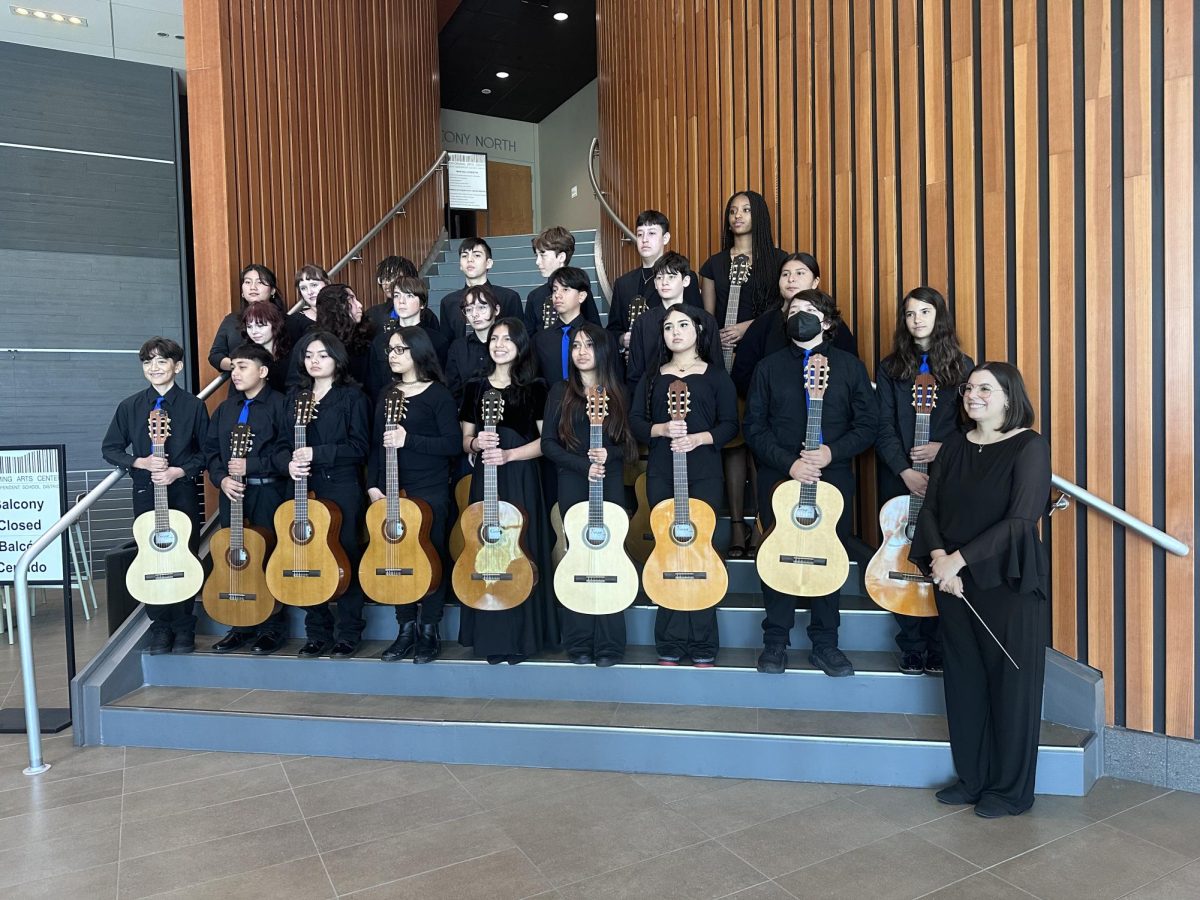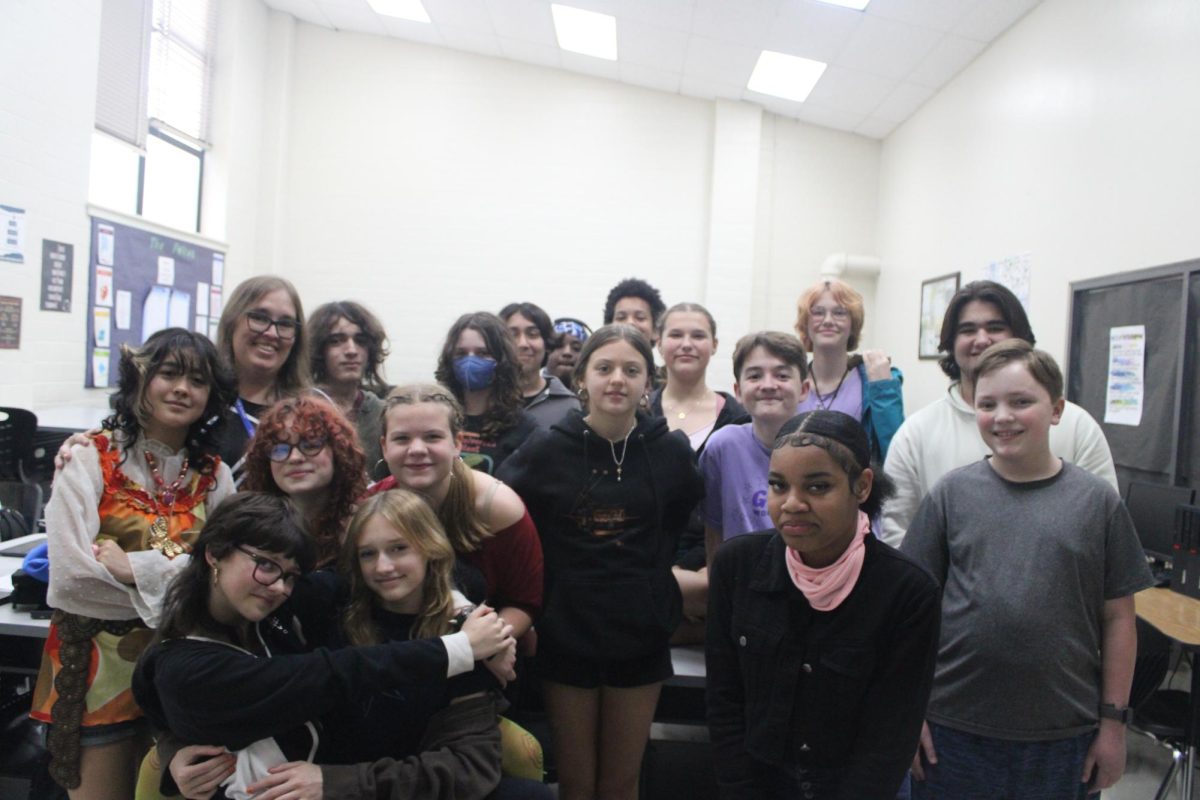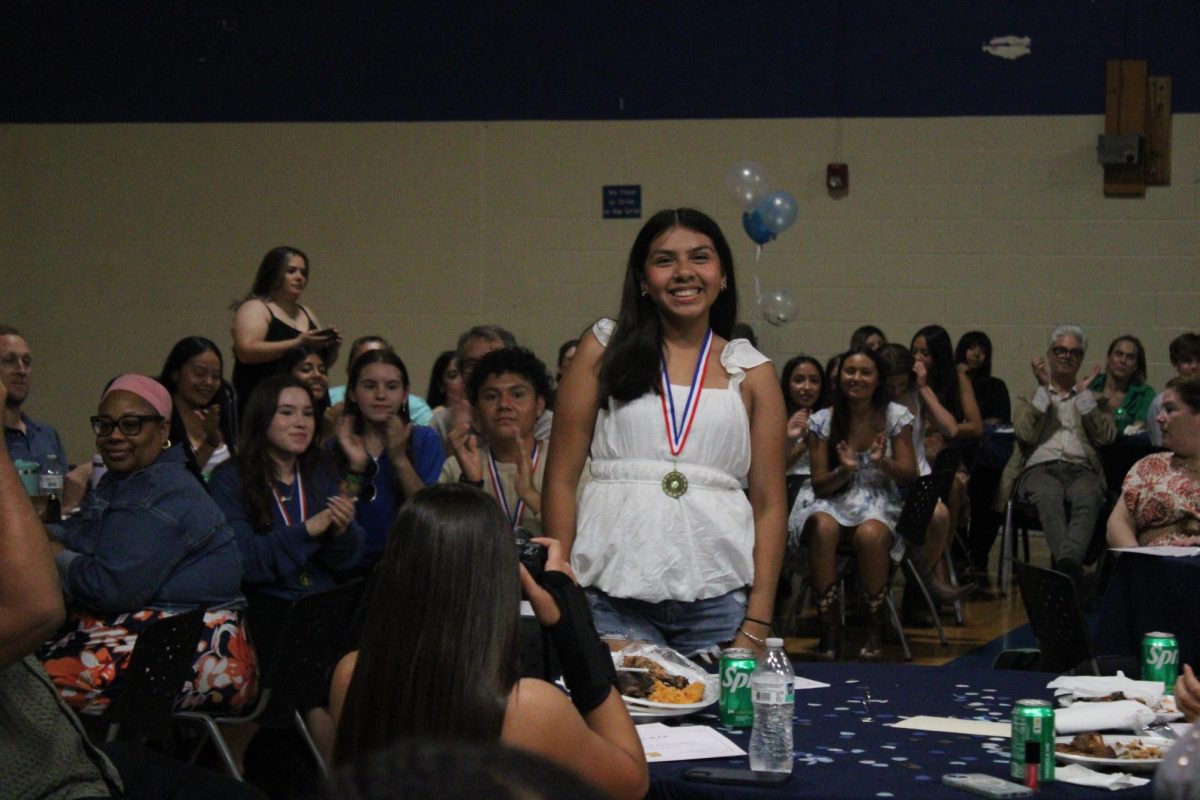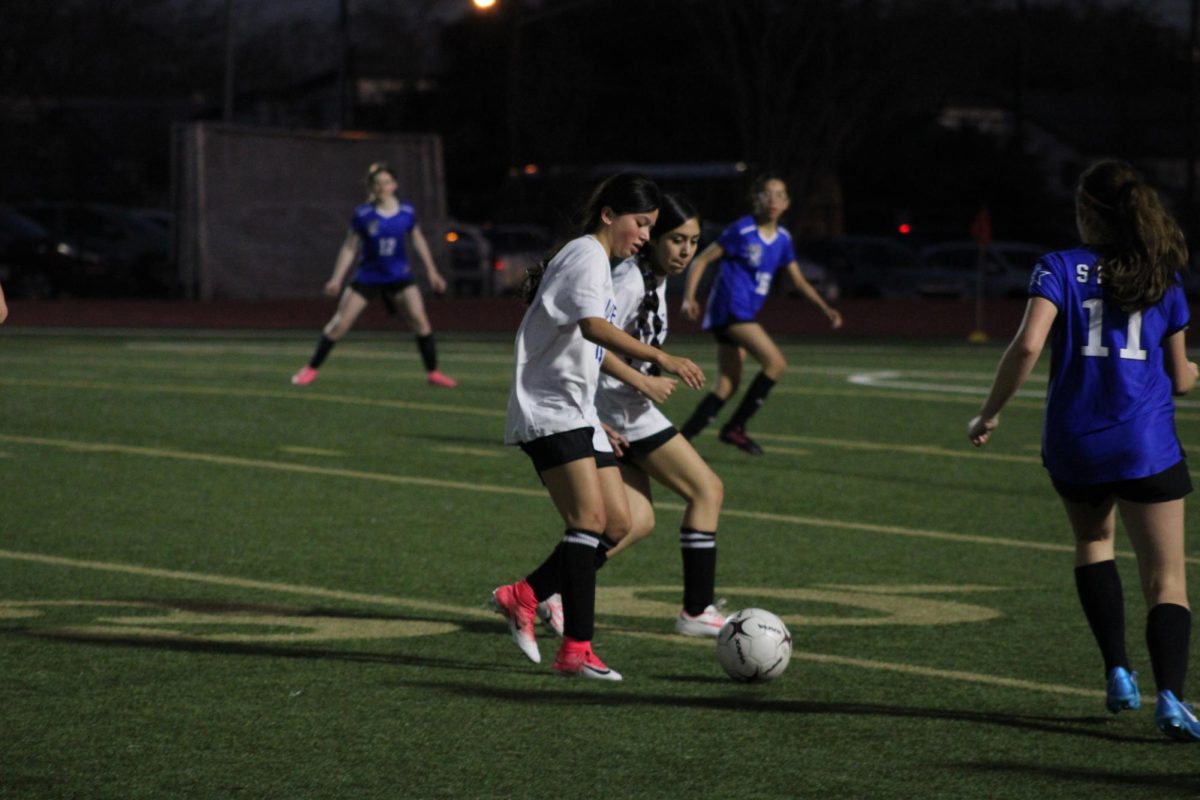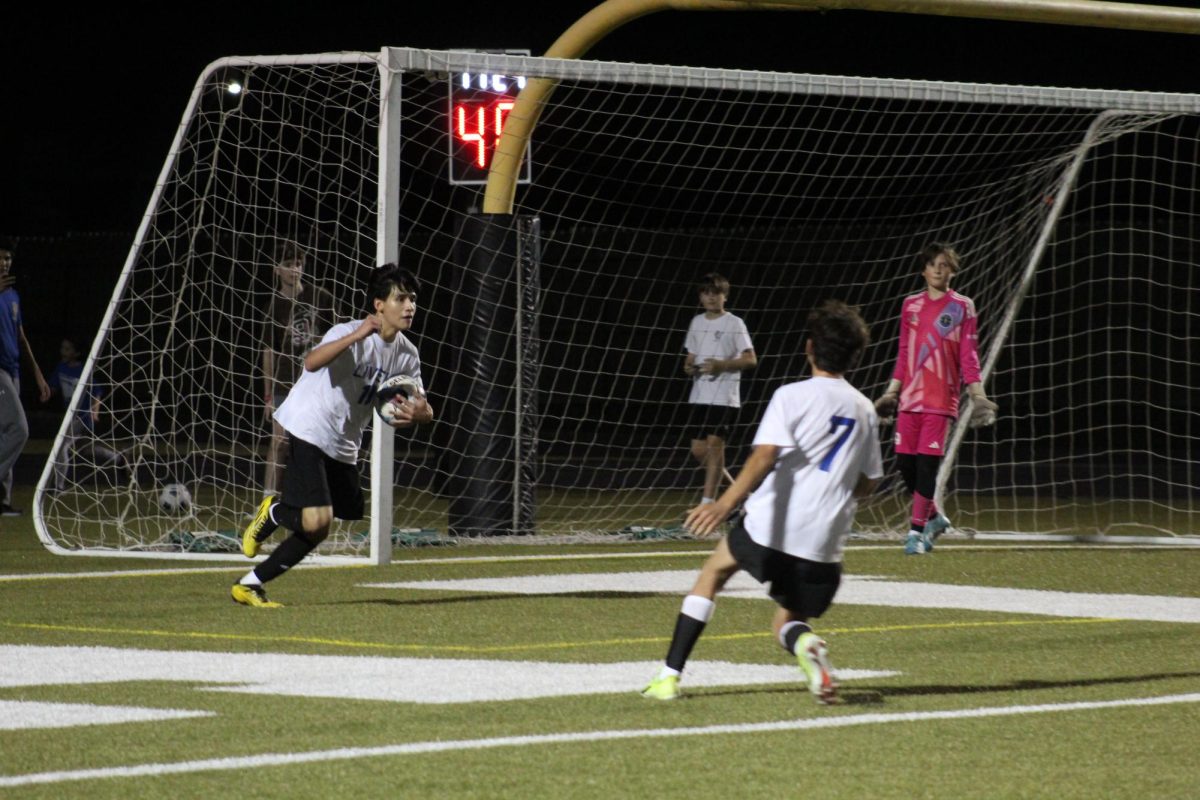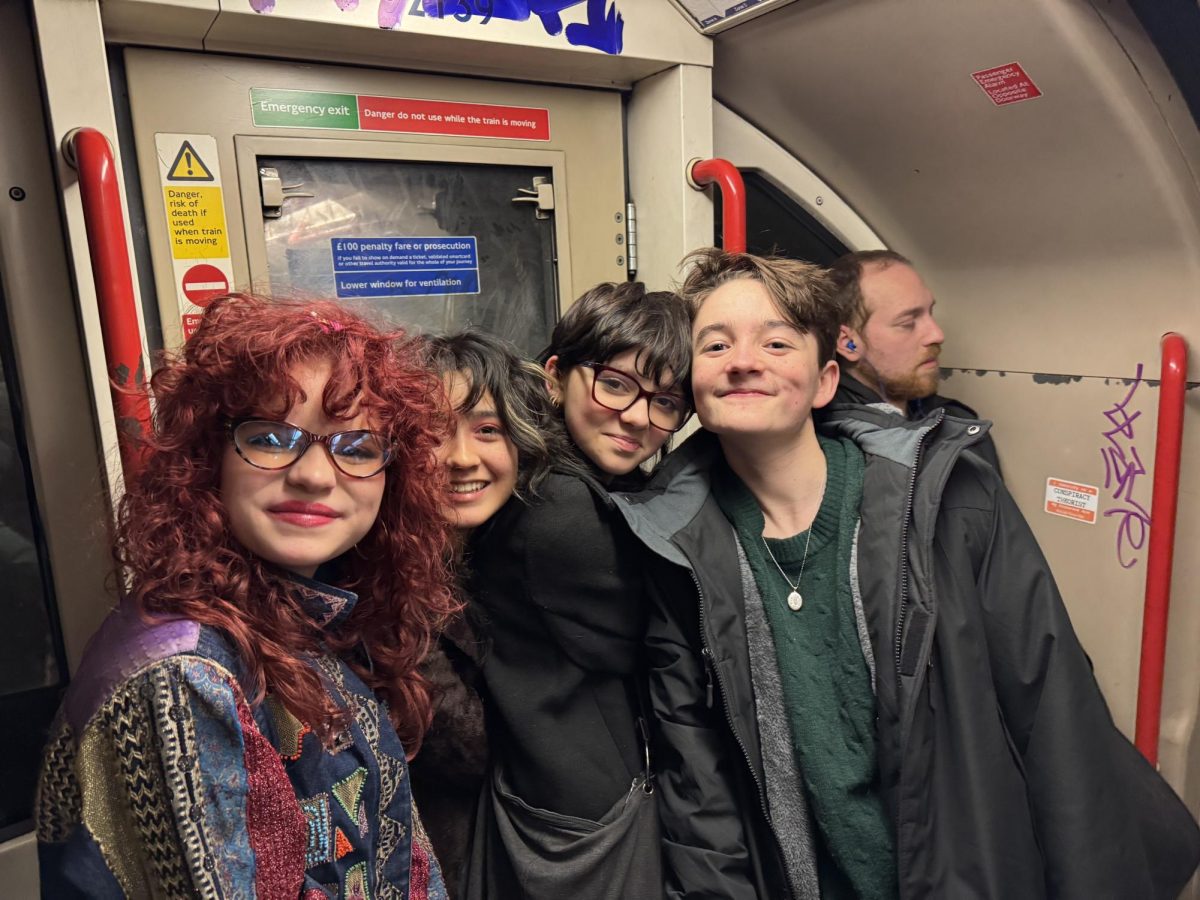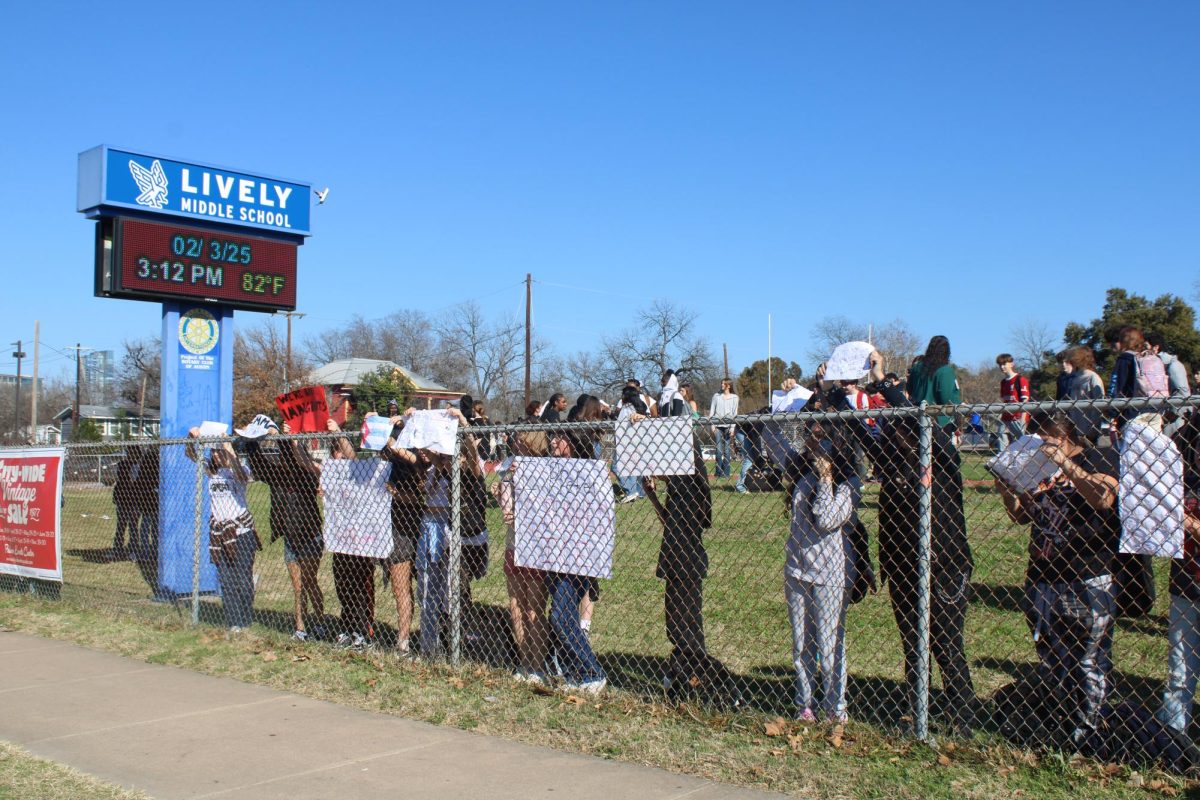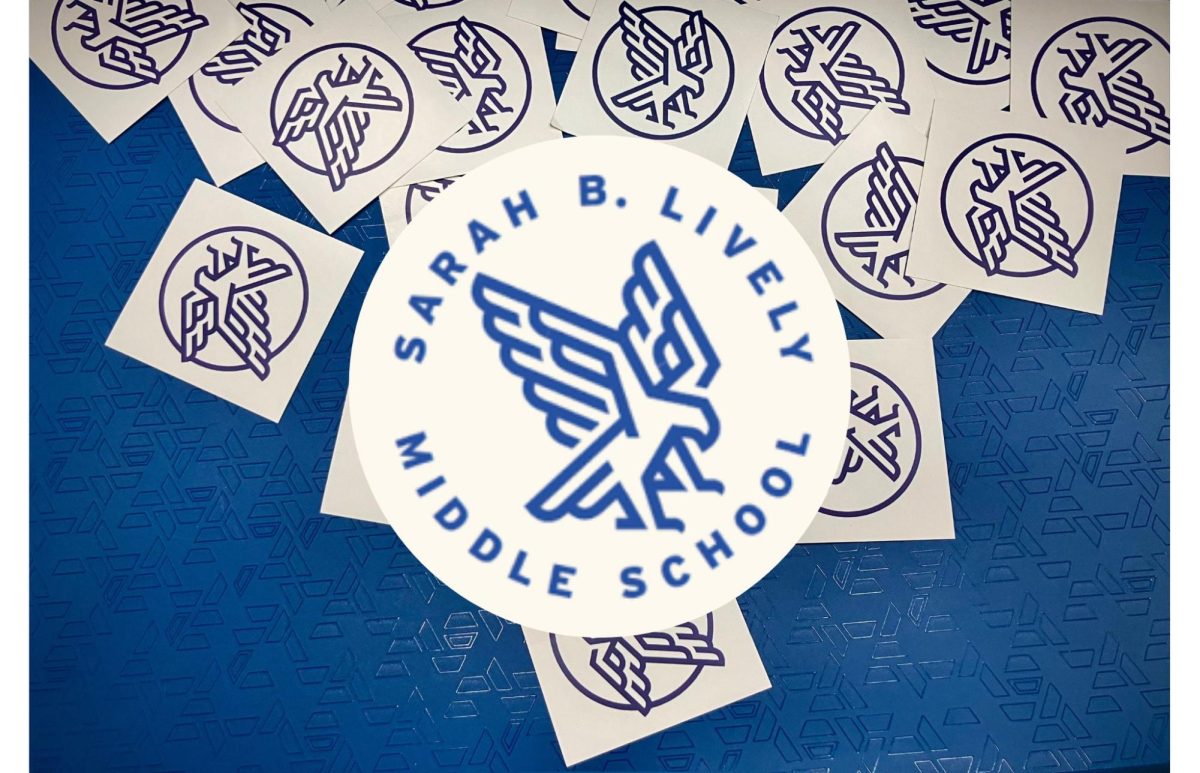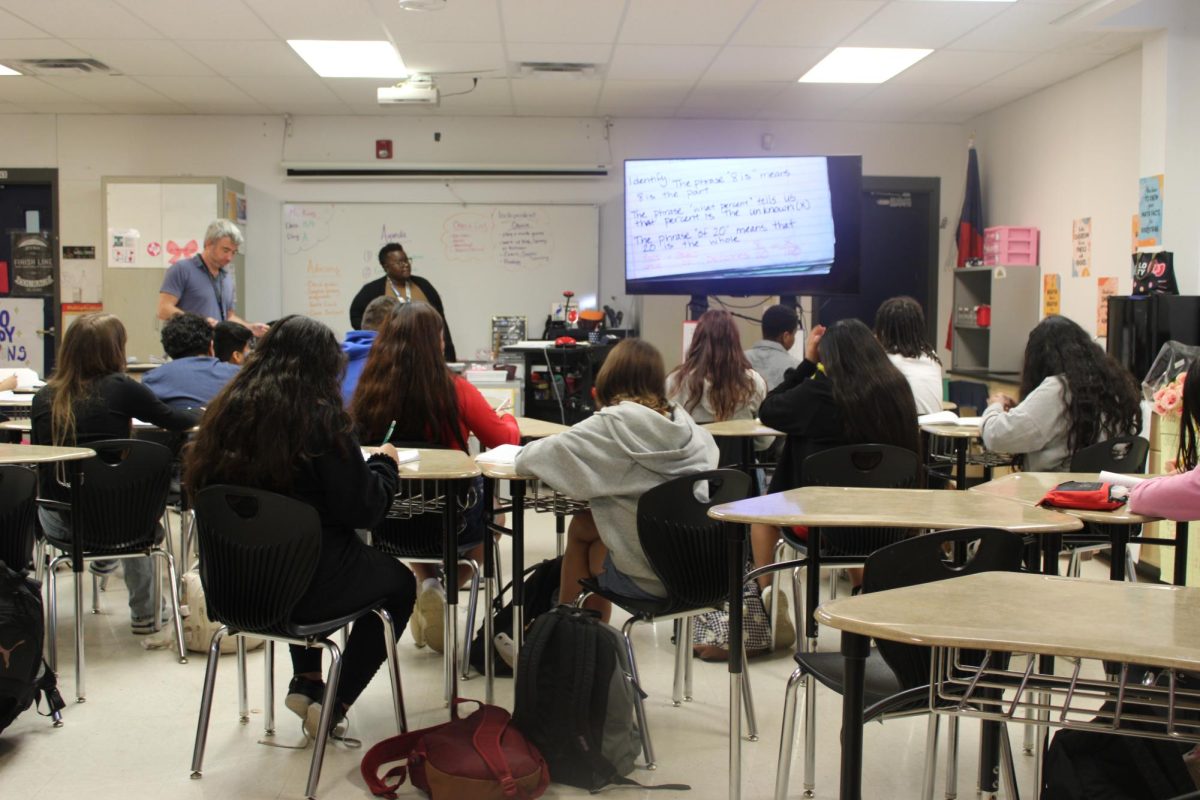In recent years, book bans have become a hot topic across Texas, sparking debates about censorship, education, and access to diverse perspectives. As books are being challenged, concerns are growing about how these restrictions could impact students’ learning experiences. At Lively Middle School, a campus known for its inclusivity and commitment to open discussion, students and teachers alike are questioning what these bans could mean for the community and future of education.
Across Texas, debates over book bans have intensified, with certain books being challenged, or even fully, removed from school libraries. Many of these books address topics like race, gender identity, the LGBTQ+ community, and history- subjects that are important to understanding the world and its people.
“To deny people the access to knowledge is to deny people the ability to grow,” said Kennady Basdekis, Lively’s librarian. The concern is that limiting books could prevent students from learning about different experiences and forming their own opinions.
Lots of people believe that censorship does more harm than good. “It’s bad to censor things that might be useful to other kids and make them feel accepted just because you’re uncomfortable,” said 8th grader Lucia Atkins. Quite a few books that have been targeted for bans contain stories that help students feel seen and understood.
The political climate in Texas has raised fears that schools like Lively, known for its inclusive atmosphere, could face restrictions in the future. “I worry that the state of Texas could make it difficult for schools like Lively, which is such an open and welcoming campus, that they might try to crack down on our school library eventually,” said Shai Zimmerman, 7th grade ELAR teacher.
Access to diverse viewpoints is essential to Lively’s educational mission. “As a school for humanities and law, banning sources of information does not allow for a well-rounded debate to happen. If you remove opposing viewpoints, you cannot have a conversation,” said Sean Addington, 8th grade ELAR teacher.
Ultimately, many believe that books are meant to expand knowledge, not restrict it. “The purpose of books is that they open your world to more perspectives, and you should know about the perspectives, even the perspectives that you don’t agree with,” said Andie Mau, 8th grade ELAR teacher.
As the debate over book bans continues, students and teachers at Lively remain committed to the idea that access to knowledge is essential for growth and understanding. With the school’s focus on humanities and law, the ability to explore different perspectives is a core part of its mission. Whether or not new restrictions are imposed, one thing is clear—many in the Lively community believe that books should serve as windows to the world, not barriers to learning.

